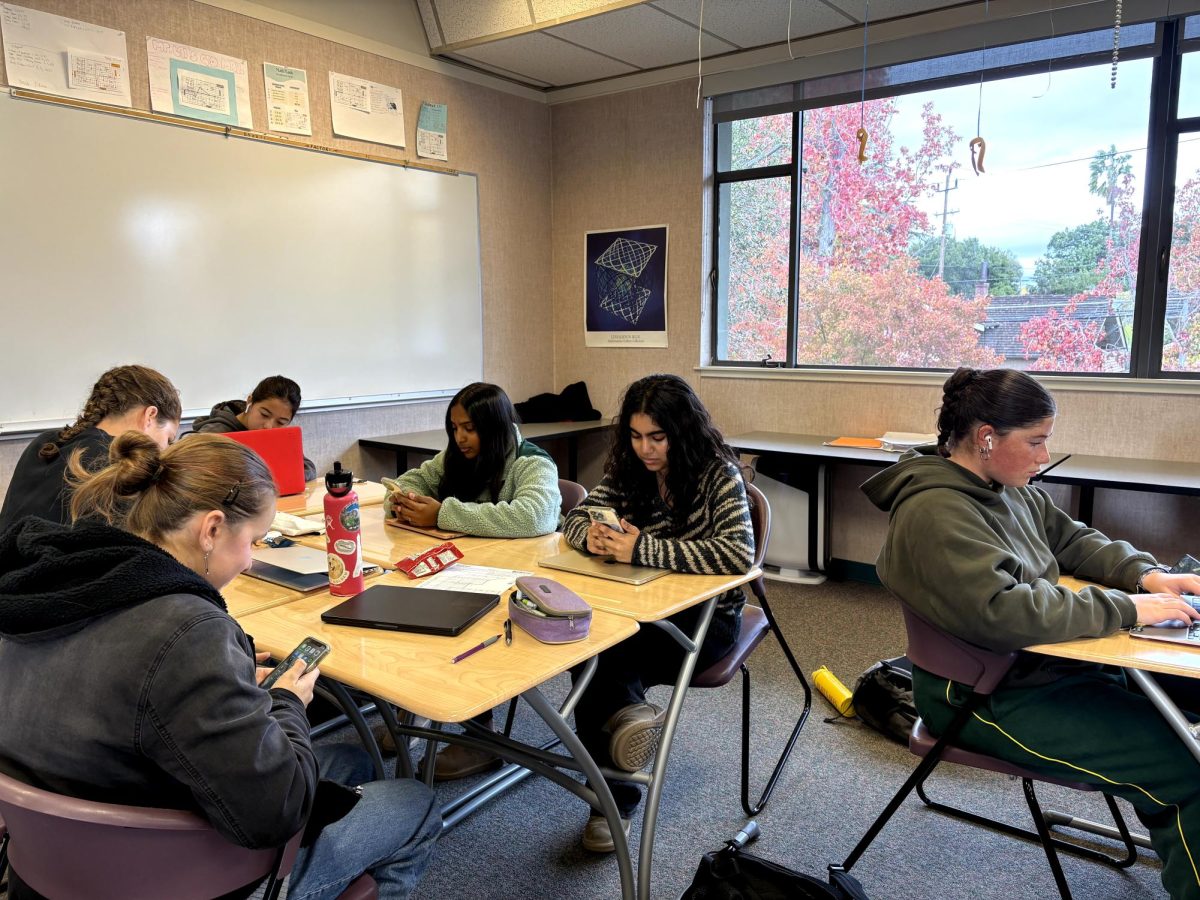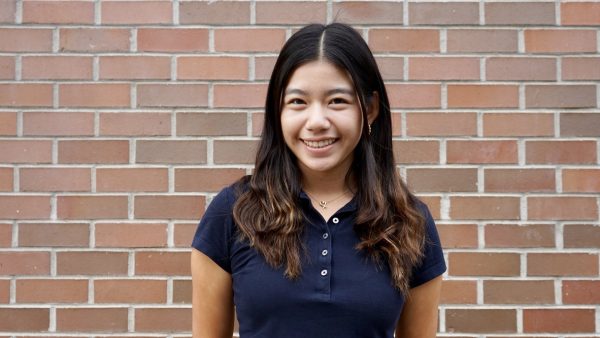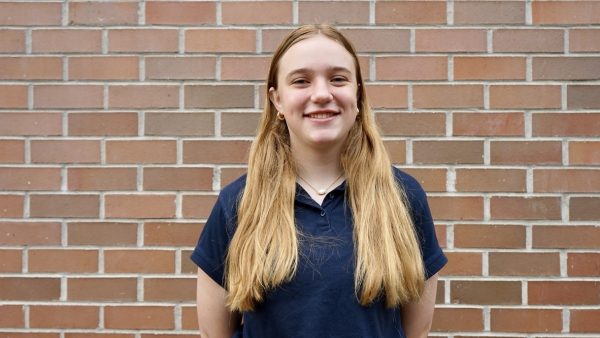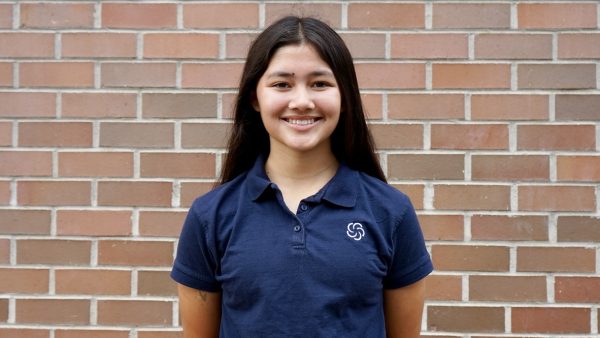According to the Castilleja Student and Parent/Guardian Handbook, “Mobile phones should be silenced and remain in bags/backpacks… [they] are not to be used inside any Castilleja buildings [and students] should only bring out the technology requested/required for the class by the teacher.”
This policy has been a part of Castilleja for years but has had little enforcement or impact within our community. However, this year marks a significant change as the policy becomes more strictly enforced in our school. While this change is important, many students are left asking, “If this has always been the policy, why start enforcing it now?”
Upon entering Castilleja, Head of Upper School Peter Hatala strived to address the detrimental consequences of mobile phones for students nationwide, specifically teenage girls.
“I was really happy to see that we had this policy in the books,” Hatala said.
However, when he asked the community how the current policy was going, he was told, “It’s not going.” So, Hatala and Interim Head of School Julia Eells decided to start enforcing this policy more strictly. As technology has become a key part of many classes, this raises the question: How do teachers feel about this policy?
Technology can have both benefits and downsides within the classroom and is a complicated topic for many teachers—“It’s a double-edged sword,” history teacher Ricardo Carmona said.
Technology can serve many uses for students throughout the school day. Laptops and iPads are commonly used to take notes, conduct research and utilize learning platforms such as Schoology and Quizlet. Nevertheless, technology can have many downsides, interfering with students’ learning and causing them to get off task, for example by browsing on a separate tab or opening TikTok on their phones.
One of the most significant disadvantages of using technology is that it can be highly distracting. “I personally think that technology can help you learn, but, of course, it can also get in the way—right? I mean, if you have 50 tabs open, and instead of, you know, taking notes, you’re shopping online, then it’s a problem,” middle school French teacher Evelyne Nicolaou said.
“Because of our habits of how we use tech and [computers], it’s really easy to start looking at Amazon or clothes or [play] a game, so it’s really easy to get distracted,” Carmona said.
Marie Martine Shannon, upper school French teacher, believes that mobile phones are a waste of students’ time. “[The phone] devours your time, [it swallows] and eats [up] your time, and you don’t see it until the end of the week. You see, ‘What? Five hours per day on the phone!’ [and] when the time is gone, it’s gone. You cannot go back,” Shannon said.
On the other hand, Nicolaou provides her French IA and IB students with school-issued iPads. Why? Nicolaou believes that her students have benefited from these tools. For example, she has seen her students’ improvements in organizational habits.
“[I feel] that with an iPad, it’s also easier for students to get organized—to keep organized,” Nicolaou said. “I tried to go back to the paper last year, and I realized that it didn’t really help their organization.” Nicolaou also believes that iPads have more capabilities than traditional classrooms and have made her classes more engaging. “For beginners, we could produce and do things with language that was a lot more fun than just writing.”
Nicolaou also touched on the environmental benefits that iPads bring to classrooms. “I think [Mr. Cortella] said to us one time that we use half a tree per year per [course]. I don’t know if it’s true or not, or if [it was just] an image he was trying to give us because we use so much paper, [but] I thought, ‘oh, my god.’”
Despite the positive impact on our environment, the role of technology remains a topic of debate. A complete tech ban is a difficult task that isn’t practical or likely possible. “Banning’s not the solution—moderation is,” said Nicolaou.
“The worst thing we can do is just an outright ban on technology,” Carmona said. “We need to learn how to use technology and how to harness it, and that means we can’t fear it.”
Other teachers believe the trick to staying off our phones is to stay connected with our communities and peers. “We have to be busy. I think [that it’s] about keeping ourselves busy, but busy in a good way,” Shannon said.
However, appropriately limiting technology use is not only up to the teachers but also the students. “If we force you to [not use your phones], it’s not going to work. You guys have to be willing to give it a try,” Carmona said.
This policy can seem annoying or excessive for many students, but it was created to protect students’ safety.
“This is a safety issue — a mental health safety issue, so we are going to push enforcement a little harder,” Eells said.
These rules are also a direct response to students’ actions: “I feel that students need to think about when they do things that they’re not supposed to do—they should think about the consequences that it will have on everybody else. That’s how, you know, rules get made,” Nicolaou said.
While it may be hard for students to see the benefits right now, this is a much-needed change that we will all be grateful for in the future. “It’s a good thing for you. It can be frustrating, but I think the school is [making a] good decision. You’ll be thankful later,” Shannon said.
This policy isn’t final, but rather, a starting place that will continue to evolve throughout the school year. “I don’t think that [the] policy is perfect. But I do think it gives us a good framework to work from, to [establish] some norms,” Hatala said.
As this policy had not previously been enforced, the administration was unsure how it would affect the Castilleja community. Direct implementation from the handbook may not always fully translate into the intended application.
Through an interview and follow-up email, Eells shared her views on this challenge: “If you have a handbook, there is often a gap between what’s published and what’s realistic to enforce.”
Hatala and Eells want to take a student-first approach to create the best policy. “Our hope is that students will be involved with this process and figuring out what the next steps are,” Hatala said. Moving forward, Hatala aims to adapt the phone policy, involving collaborative efforts between admin and students.





